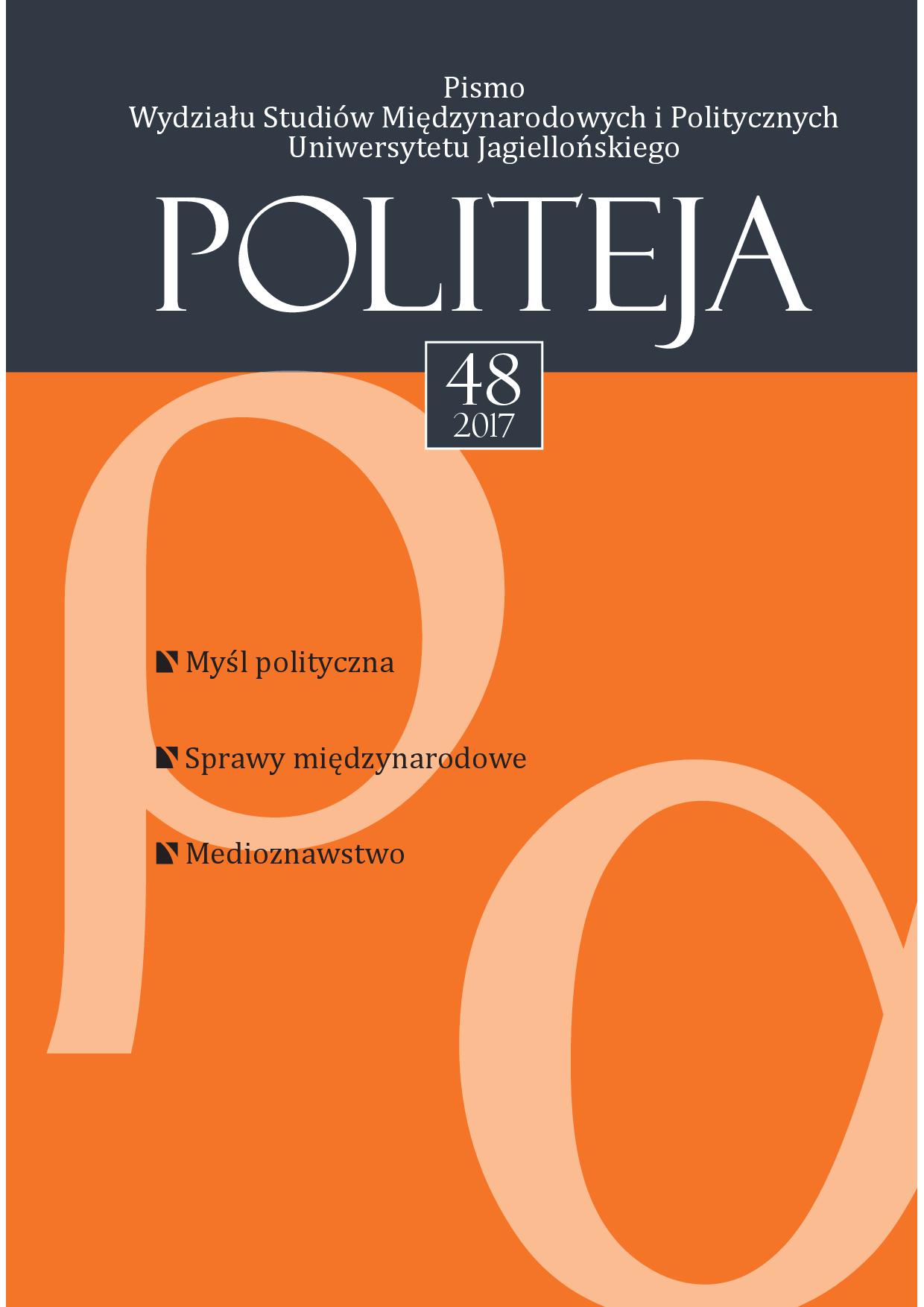The Relationship between Natural and Statutory Law in Ancient and Medieval Concepts
The Relationship between Natural and Statutory Law in Ancient and Medieval Concepts
Author(s): Marek MaciejewskiSubject(s): Political history, Social history, Sociology of Law
Published by: KSIĘGARNIA AKADEMICKA Sp. z o.o.
Keywords: Nature; natural law; statutory law; positive law; validity of law
Summary/Abstract: The article discusses the shaping of the relation between natural and statutory law in the philosophical, political and legal concepts from the Antiquity until the Middle Ages. Firstly, the author analyzes the views of a sophist – Aristotle, and Stoics – Saint Augustine of Hippo and Saint Thomas Aquinas in order to identify on their basis the main principles concerning the matter at hand. His research permitted him to conclude that during the mentioned period the prevailing conviction was that statutory law (positive law) should not violate natural law (and sometimes simultaneously God`s law) because the latter was perceived as a higher legal order. Statutory law that conflicted with the higher law was usually considered invalid and – as such – not creating the obligation of obedience. It was also considered unjust. For Christian thinkers God himself was the creator of principles of justice; therefore that law which came directly from him was put at the top of the legal structure. Natural law was seen as mirroring this law of God. In turn, statutory law was supposed to reflect the rules of natural law.
Journal: Politeja - Pismo Wydziału Studiów Międzynarodowych i Politycznych Uniwersytetu Jagiellońskiego
- Issue Year: XIV/2017
- Issue No: 48
- Page Range: 5-22
- Page Count: 18
- Language: English

